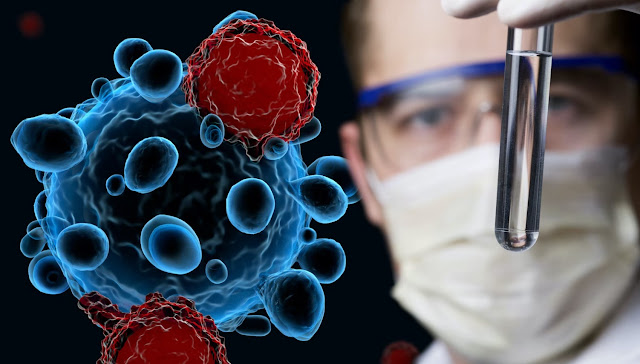Veterinary Vaccines Are Essential Tools In Preventing And Controlling Infectious Diseases
 |
| Veterinary Vaccines |
Veterinary Vaccines play a crucial role in safeguarding the health and
well-being of animals, and they are essential tools in preventing and
controlling infectious diseases. These vaccines are designed to stimulate an
animal's immune system, enabling it to recognize and combat specific pathogens,
such as viruses and bacteria that cause diseases. By immunizing animals,
veterinarians and animal health professionals can effectively reduce the
transmission of infectious agents, mitigate disease outbreaks, and protect both
domestic and wild animal populations.
The
development of Veterinary Vaccines
involves extensive research and testing to ensure their safety and efficacy.
Scientists identify target pathogens responsible for various diseases, and they
use different approaches to create vaccines. Common types of vaccines include
inactivated vaccines, live attenuated vaccines, subunit vaccines, and
recombinant vaccines, each tailored to address specific disease challenges.
According To Coherent Market
Insights, The Veterinary
Vaccines Market Is Anticipated To Reach A Value Of $8,482.6 Million
In 2022 And Is Projected To Grow At A CAGR Of 6.2% From 2022 To 2030.
Inactivated
vaccines contain killed pathogens that cannot cause the disease but can still
trigger an immune response. Live attenuated vaccines, on the other hand, use
weakened forms of the pathogen to stimulate a stronger and longer-lasting
immune reaction. Subunit vaccines consist of only the essential antigens of the
pathogen, eliminating the risk of causing disease. Recombinant vaccines employ
genetic engineering techniques to insert specific pathogen genes into harmless
organisms, stimulating an immune response without causing illness.
Veterinary Vaccines are administered through various routes, including
injections, oral delivery, or intranasal sprays, depending on the type of
vaccine and the target species. Timing and frequency of vaccinations are
critical factors in ensuring adequate protection. Vaccination schedules differ
between species and individual circumstances, taking into account factors such
as age, lifestyle, and potential exposure risks.
Companion
animals, such as dogs and cats, are commonly vaccinated against rabies,
distemper, parvovirus, and other infectious diseases. Livestock animals,
including cattle, pigs, and poultry, receive vaccines to prevent diseases like
foot-and-mouth disease, brucellosis, and avian influenza. Additionally,
wildlife vaccination efforts are sometimes deployed to control the spread of
diseases between wildlife populations and domestic animals.
Bacterial
Vaccines are advanced
pharmaceutical preparations engineered to provoke a controlled immune response
against pathogenic bacteria, enhancing the body's capacity to mount a swift and
effective defense upon encountering the actual bacteria, safeguarding
individuals and populations from the devastating impact of infectious diseases.
It
is important to note that while Veterinary
Vaccines are generally safe and effective, adverse reactions can occur in
some animals. Therefore, proper pre-vaccination health assessments and
post-vaccination monitoring are crucial. Vaccination decisions should be made
based on the risk of disease exposure, local disease prevalence, and individual
animal health considerations.



Comments
Post a Comment